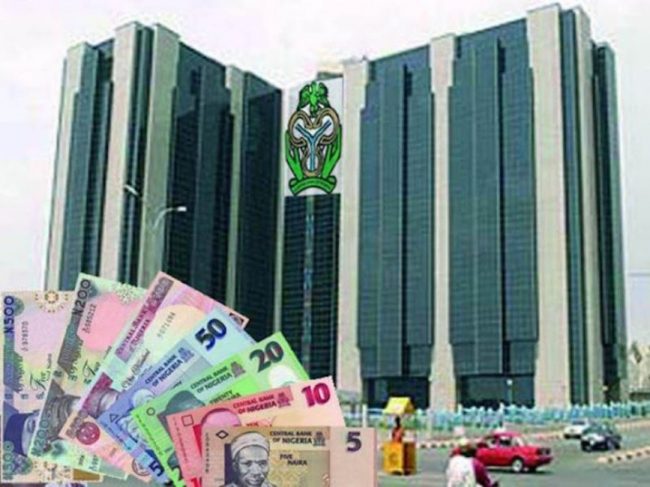

Justice Akintayo Aluko of the Federal High Court in Lagos has struck out a suit challenging the Central Bank of Nigeria (CBN)’s Cashless Policy for incompetence, lack of proof and absence of jurisdiction.
Justice Aluko, who threw out the suit after upholding the preliminary objections raised by the CBN, held that the suit is fundamentally infected with the virus of frivolity and meddlesomeness.
The suit was filed by a businessman, Victor Onyegbajo who argued that the cashless policy was unconstitutional, null and void and of no effect to the extent that it subjected him to disabilities and/or restrictions to which citizens of Nigeria of other communities are not made subject.
Read Also: Alleged Sexual Assault: Baba Ijesha Closes Defence
But CBN in its objections urged the court to, among others reliefs, dismiss the suit for lack of jurisdiction.
Justice Aluko, after entertaining arguments from the parties held, “the Defendant (CBN) has maintained that the circular issued on the 17/9/2019 for the implementation of the cashless policy to all Deposit Money Banks was done or issued in good faith while the Plaintiff contended that same was done in bad faith as the allegation of discrimination against the Defendant embeds a charge of bad faith because the plaintiff sees the touted act of discrimination as not merely illegal but unjust to him.
“It is not in doubt that the defendant by the provision of Section 51 of the CBN Act is imbued with the power to make regulations for the good order and management of the Apex Bank.
“The phrase “good faith” has been defined in the Blacks law dictionary, the 9th edition at page 762 as “faithfulness to one’s duty or obligation, observance of reasonable commercial standards of fair dealing in a given trade or business, absence of intent to defraud or seek unconscionable advantage’. The defendant has stoutly made a case of good faith for itself and endeavoured to justify its action in the issuance of the circular in controversy.
“It is in its case that the cashless policy envisaged in the circular is aimed at reducing the amount of physical cash in the circulation in the economy, to encourage more electronic-based transactions, fight corruption and insecurity in the land and strengthening the country’s economy amongst others.
“I have once again examined the circular and the cashless policy prescribed in it. It is obvious that the aims and purpose behind the decision of the Defendant accord with the definition given to the phrase “good faith” in the Blacks Law Dictionary.
“I, therefore, agree with the learned senior counsel for the defendant that the action of the Apex Bank culminating in the issuance of the cashless policy and its implementation can be said to have been done in good faith.
“I hold the considered view that the defendant is entitled to the protections provided in Section 52 of the CBN Act and Section 53 BOFIA.
“Going by the above statutory provisions and having issued the circular dated September 17, 2019, in good faith, the defendant is not answerable to the grievance and claims of the plaintiff and the jurisdiction of this court to entertain the instant claims of the plaintiff is effectively curtailed and given a swipe.
“Against the background of the foregoing, this issue is resolved in favour of the Defendant against the Plaintiff.
“Coming from the above, I hold the considered view that the case of the plaintiff lacks merit and substance. Same is fundamentally infected with the virus of frivolity and meddlesomeness.
“The plaintiff has failed to prove or substantiate the alleged violation of his fundamental rights or the much-touted infraction of Section 42 (1) (a) of the constitution of the Federal Republic of Nigeria, 1999 (as amended). Remedy over the alleged infraction of the fundamental rights of the plaintiff is not available to him as no such case has been successfully made out by him.
“This suit is accordingly struck out on grounds of incompetence, lack of proof and absence of jurisdiction,” Justice Aluko held.
Onyegbajo had prayed the court for a declaration that the Cashless Policy Directive Issued pursuant to the Banks letter of September 17, 2019, with Reference Number PSN/DIR/CON/CW0O/02/014 subjected him, a member of the Lekki Phase 1 Community in Lekki, Lagos State, to disabilities and/or restrictions to which citizens of Nigeria of other communities are not subject.
He had also asked the court to make an order of perpetual injunction restraining the CBN from carrying into effect and/or continuing to enforce the Cashless Policy Directive, adding that its implementation violated Section 42 (1) (a) (b) of the Constitution.






















